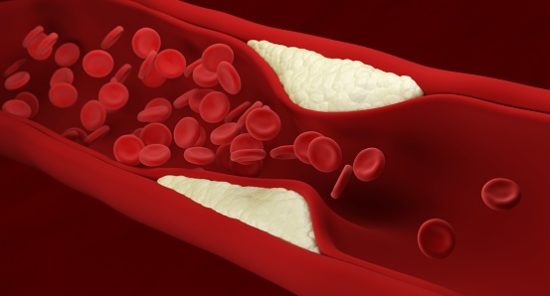As acquired immunodeficiency syndrome (AIDS)-related mortality has decreased, the incidence of non-AIDS illnesses in people living with human immunodeficiency virus (PLWH) has increased. Fortunately, research continues to identify risk factors for the development of non-AIDS diseases in these individuals. A recent study, published in the Journal of Medical Virology, examined the distributions of interferon-γ (IFN-γ) +874T/A and –transforming growth factor-β1 (TGF-β1) −509C/T single nucleotide polymorphisms (SNPs) in Thai PLWH. The authors found that the TT genotypes and T alleles of IFN-γ +874 T/A SNP and the TT and CT genotypes and T allele of TGF-β1 –509C/T SNP were potentially correlated with development of non-AIDS complication.
Researchers investigated 191 Thai patients with HIV attending antiretroviral therapy (ART) clinics. The majority of patients were receiving ART (74.3%), and the cohort had relatively high median CD4+ cell count of 364.5 cells/ul (range: 1–1601). The prevalence of IFN-γ +874 T/A SNP genotypes were 9.0% AA, 38.3% AT, and 52.7% TT and of the SNP alleles were 28.1% A and 71.9% T. Prevalence in TGF-β1 –509C/T SNP were 15.7% CC, 44.0% CT, and 40.3% TT and the SNP alleles were 37.7% C and 62.3% T.
According to the authors, the results of the study warrant investigation in future trials. The study’s authors closed their report saying their study provided the “immunogenetic data potentially supporting mechanisms for chronic immune activation in PLWH under long-term suppressive ART.”
Source: Journal of Medical Virology









